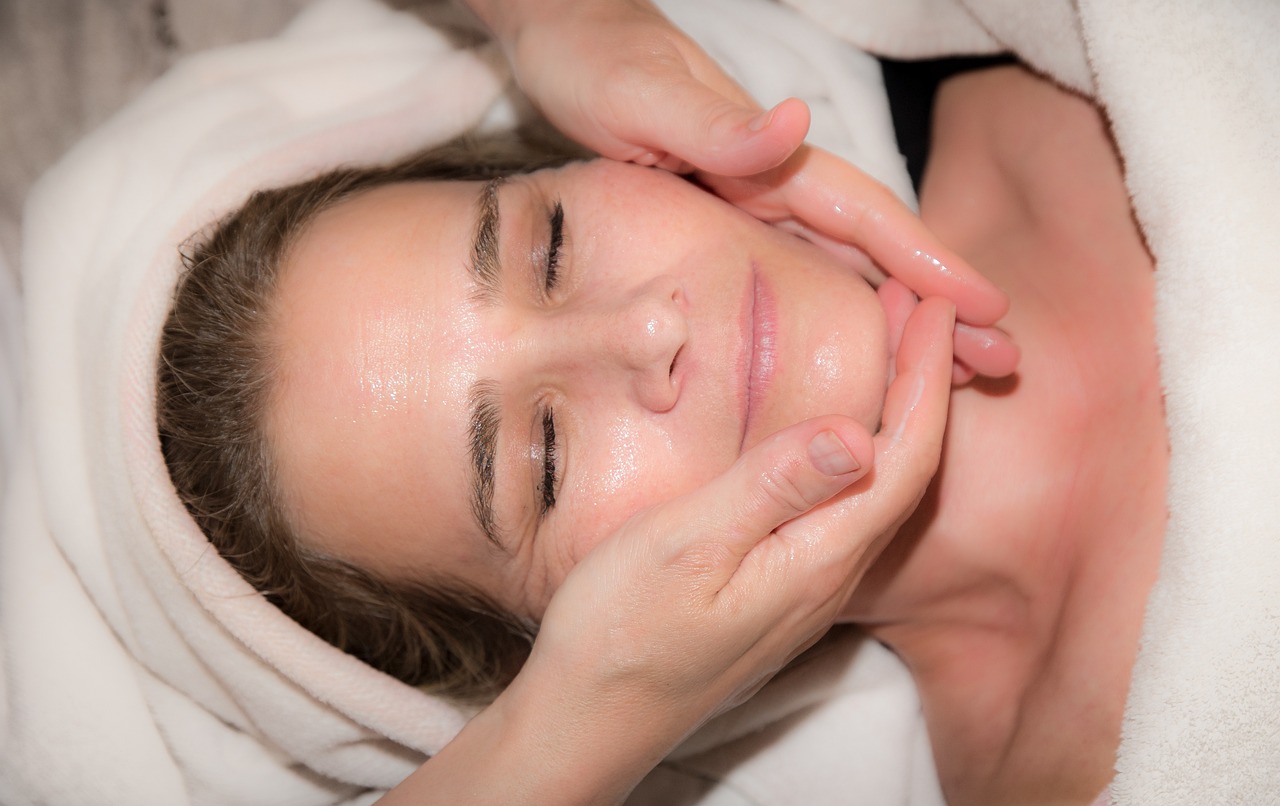Caring for your skin is a vital aspect of maintaining a healthy and radiant complexion. However, when you have oily skin, it often comes with its own set of challenges. Oily skin can lead to issues such as acne, enlarged pores, and excessive shine. But fear not! In this comprehensive guide, we will delve into the world of skincare for oily skin, providing you with expert advice, product recommendations, and answers to common questions. Let’s dive right in!
Skin Care for Oily Skin
Oily skin requires a specialized skincare routine that effectively manages excess sebum production while maintaining your skin’s overall health. Here’s how to achieve that:
Understanding Your Skin
Before embarking on your skincare journey, it’s crucial to understand your skin type fully. Oily skin is characterized by an overproduction of sebum, which can lead to a shiny complexion and clogged pores. Knowing your skin type will help you choose the right products and treatments.
Cleansing
- Choose the Right Cleanser: Opt for a gentle, foaming cleanser that is specifically designed for oily skin. Look for ingredients like salicylic acid or glycolic acid, which help control oil production.
- Cleansing Frequency: Cleanse your face twice daily, in the morning and evening, to remove excess oil and impurities.
- Avoid Overwashing: While it’s essential to keep your face clean, overwashing can strip your skin of essential oils, leading to increased oil production. Stick to the recommended cleansing routine.
Exfoliation
- Exfoliate Regularly: Use a mild exfoliator with ingredients like alpha hydroxy acids (AHAs) or beta hydroxy acids (BHAs) to unclog pores and remove dead skin cells. Exfoliating two to three times a week is ideal.
Moisturizing
- Moisturize Wisely: Even oily skin needs hydration. Opt for an oil-free, non-comedogenic moisturizer to keep your skin balanced.
Sun Protection
- Use Sunscreen Daily: Protect your skin from harmful UV rays by applying a broad-spectrum sunscreen with SPF 30 or higher. Look for oil-free options to prevent clogging pores.
Treatment Products
- Spot Treatments: For acne breakouts, use spot treatments containing benzoyl peroxide or salicylic acid.
- Serums: Incorporate serums with ingredients like niacinamide, which can regulate oil production and improve skin texture.
Makeup Tips
- Choose Oil-Free Makeup: When selecting makeup products, opt for oil-free and non-comedogenic options to avoid exacerbating oiliness.
- Blotting Papers: Carry blotting papers to blot away excess oil throughout the day without disturbing your makeup.
Diet and Lifestyle
- Balanced Diet: Maintain a healthy diet rich in fruits, vegetables, and whole grains. Limit sugar and processed foods, which can trigger breakouts.
- Stay Hydrated: Drinking plenty of water helps keep your skin hydrated and may reduce oil production.
Stress Management
- Stress Reduction: High-stress levels can contribute to oily skin. Practice stress-reduction techniques such as yoga, meditation, or deep breathing.
Professional Help
- Consult a Dermatologist: If you struggle with severe acne or excessive oiliness, seek advice from a dermatologist who can recommend specialized treatments.
FAQs (Frequently Asked Questions)
Q: Can oily skin benefit from moisturizers?
A: Absolutely! Even oily skin needs hydration. Choose an oil-free, non-comedogenic moisturizer to keep your skin balanced and prevent it from producing even more oil.
Q: How often should I exfoliate my oily skin?
A: Exfoliating two to three times a week is generally recommended for oily skin. However, start with a lower frequency and adjust based on how your skin responds.
Q: Are there specific ingredients to avoid in skincare products for oily skin?
A: Yes, avoid heavy, pore-clogging ingredients like mineral oil or petrolatum. Look for products labeled as non-comedogenic, which means they won’t clog pores.
Q: Can oily skin be genetic?
A: Yes, genetics can play a role in oily skin. If your parents have oily skin, you are more likely to have it too.
Q: Is it necessary to consult a dermatologist for oily skin?
A: While many over-the-counter products can effectively manage oily skin, if you have severe acne or are struggling to control oiliness, it’s advisable to consult a dermatologist for personalized treatment options.
Q: Can diet affect oily skin?
A: Yes, diet plays a role in skin health. A balanced diet with limited sugar and processed foods can help reduce oiliness and prevent breakouts.
Conclusion
Effective skincare for oily skin is all about balance and consistency. By following the right routine and choosing products tailored to your skin type, you can achieve a healthier, less oily complexion. Remember that everyone’s skin is unique, so it may take some trial and error to find the perfect routine for you. Consult with a dermatologist for personalized advice, and embrace the journey to healthier, more radiant skin.


